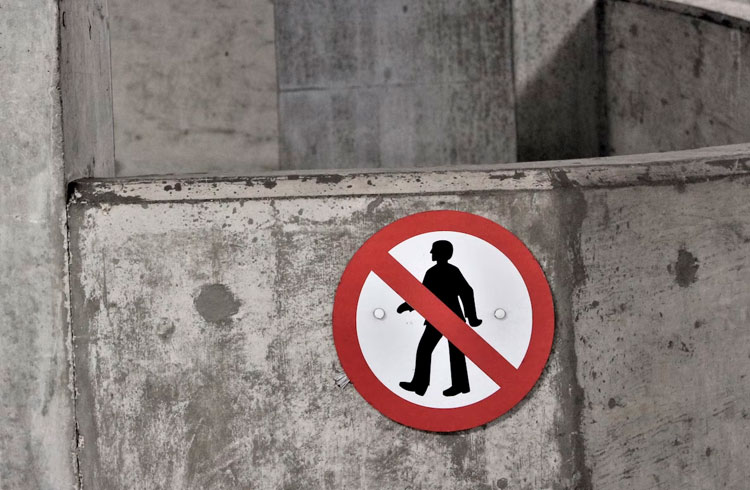The Human Rights Foundation (HRF) has donated BRL 1.7 million in bitcoin to developers to accelerate anti-censorship solutions. The amount was distributed to 8 initiatives around the world, including a Brazilian project, which should help the digital currency infrastructure. Bitcoin is a decentralized currency, that is, its development depends on the community itself. For those who need free money, bitcoin is certainly a very important option, as it can be sent from anywhere in the world in an instant, without barriers. Donating to war refugees, for example, can be done in an instant and at a low cost. But all this can be even better and that’s what HRF believes in.
HRF donates BRL 1.7 million to the bitcoin community to further evolve anti-censorship solutions
As bitcoin is unstoppable, its characteristic of being resistant to censorship makes it a better form of money, especially for those who live in high social risk zones, whether in wars or dictatorial regimes. As such, the Human Rights Foundation, committed to fighting censorship, has regularly donated to causes that fight censorship, many of which involve bitcoin. The newest donation, announced this Tuesday (6), supports 8 causes fighting censorship, which will receive BRL 1.7 million in bitcoin from HRF. The biggest donation will be made to the BTCPay Server, considered the best way to receive bitcoin payments in an open source way, empowering users. The project will receive US$100,000 to continue to develop its solution further, support facilitated by Strike, a company owned by Jack Mallers. Bitcoin Core developer Jon Atack will receive $50,000 to continue his work on the digital currency, reviewing code errors and improving BTC infrastructure. Another who will receive $50,000 is Josh Kitman, developer of the FedMint solution, which aims to build a decentralized bitcoin custody application, improving people’s privacy, announced Alex Gladstein, an executive at HRF.
4/ Grant #3: $50,000 to Josh Kitman for his work on @fedimint
Fedimint is a Chaumian e-cash solution aiming to allow Bitcoin users to trust a community in order to get increased privacy and scalability This grant will support Kitman’s work on Fedimint’s open-source protocol — Alex Gladstein 🌋 ⚡ (@gladstein) September 6, 2022
Brazilian project receives support in bitcoin
The HRF executive also highlighted in the publication of the bitcoin fund donation that a Brazilian project received US$ 25 thousand support, to accelerate the educational process of professionals in the Latin region. The project is Vinteum, created last August to help Latin Americans understand the opportunities of bitcoin and work with the currency.
“Grant #8: $25,000 for Vinteum, a new non-profit Bitcoin research and development center. The effort is dedicated to supporting developers in Brazil and Latin America. The funding will support Brazil’s educational seminars, fellowships and grants.”
Bitcoin exchange RoboSats is another initiative that has received help from HRF in new bitcoin donations, with a contribution of US$ 25,000. Creating a guide for future bitcoin donations, Leigh Cuen also received $25,000 to continue her activities. The creator of the SeedSigner hardware wallet, Keith Mukai, is another who received $25,000 to accelerate the development of the novelty. Finally, the Russian news portal Novaya Gazetabanned from operating in Russia last Monday (5), will receive $25,000 in bitcoin to help circumvent censorship in his country and continue reporting.

